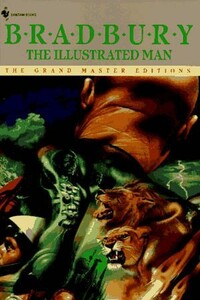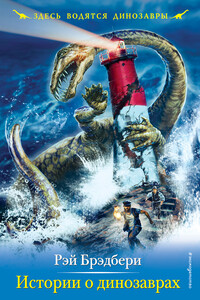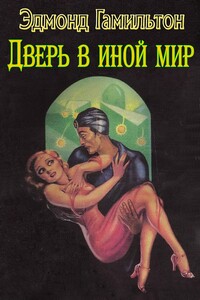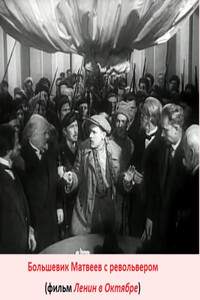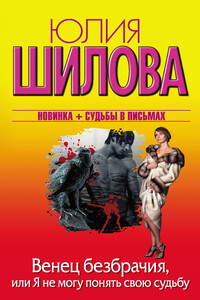It was a warm afternoon in early September when I first met the Illustrated Man. Walking along an asphalt road, I was on the final long of a two weeks' walking tour of Wisconsin. Late in the afternoon I stopped, ate some pork, beans, and a doughnut, and was preparing to stretch out and read when the Illustrated Man walked over the hill and stood for a moment against the sky.
I didn't know he was Illustrated then. I only know that he was tall, once well muscled, but now, for some reason, going to fat. I recall that his arms were long, and the hands thick, but that his face was like a child's, set upon a massive body.
He seemed only to sense my presence, for he didn't look directly at me when he spoke his first words.
"Do you know where I earn find a job?"
"I'm afraid not," I said.
"I hadn't bad a job that's lasted in forty years," he said.
Though it was a hot late afternoon, he wore his wool shirt buttoned tight about his neck. His sleeves were rolled and buttoned down over his thick wrists. Perspiration was streaming from his face, yet he made no move to open his shirt.
"Well," he said at last, "this is as good a place as any to spend the night. Do you mind company."
"I have some extra food you'd be welcome to," I said.
He sat down heavily, grunting. 'You'll be sorry you asked me to stay," he said. "Everyone always is. That's why I'm walking. Here it is, early. September, the cream of the Labor Day carnival season. I should be making money hand over fist at any small town side show celebration, but here I am with no prospects."
He took off an immense shoe and peered at it closely. "I usually keep a job about ten days. Then something happens and they fire me. By now every carnival in America won't touch me with a ten-foot pole."
"What seems to be the trouble?" I asked.
For answer, he unbuttoned his tight collar, slowly. With his eyes shut, he put a slow hand to the task of unbuttoning his shirt all the way down. He slipped his fingers in to feel his chest. "Funny," he said, eyes still shut. 'You can't feel them but they're there. I always hope that someday I'll look and they'll be gone. I walk in the sun for hours on the hottest days, baking, and hope that my sweat'll wash them off, the sun'll cook them off, but at sundown they're still there." He turned his head slightly toward me and exposed his chest. "Are they still there now?"
After a long while I exhaled. "Yes," I said. "They're still there."
The Illustrations.
"Another reason I keep my collar buttoned up," he said, opening his eyes, "is the children. They follow me along country roads. Everyone wants to see the pictures, and yet nobody wants to see them."
He took his shirt off and wadded it in his hands. He was covered with Illustrations from the blue tattooed ring about his neck to his belt line.
"It keeps right on going," he said, guessing my thought. "All of me is Illustrated. Look." He opened his hand. On his palm was a rose, freshly cut, with drops of crystal wake among the soft pink petals. I put my hand out to touch it, but it was only an Illustration.
As for the rest of him, I cannot say how I sat and stared, for be was a riot of rockets and fountains and people, in such intricate detail and color that you could hear the voices murmuring small and muted, from the crowds that inhabited his body. When his flesh twitched, the tiny mouths flickered, the tiny green-and-gold eyes winked, the tiny pink hands gestured. There were yellow meadows and blue rivers and mountains and stars and suns and planets spread in a Milky Way across his chest. The people themselves were in twenty or more odd groups upon his arms, shoulders, back, sides, and wrists, as well as on the flat of his stomach. You found them in forests of hair, lurking among a constellation of freckles, or peering from armpit caverns, diamond eyes aglitter. Each seemed intent upon his own activity, each was a separate gallery portrait.
"Why, they're beautiful!" I said.
How can I explain about his Illustrations? If El Greco had painted miniatures in his prime, no bigger than your hand, infinitely detailed, with all his sulphurous color, elongation, and anatomy, perhaps he might have used this man's body for his art. The colors burned in three dimensions. They were windows looking in upon fiery reality. Here, gathered on one wall, were all the finest scenes in the universe the man was a walking treasure gallery. This wasn't the work of a cheap carnival tattoo man with three colors and whisky on his breath. This was the accomplishment of a living genius vibrant, clear, and beautiful.
"Oh, yes," said the Illustrated Man. "I'm so proud of my Illustrations that I'd like to burn them off. I've tried sandpaper, acid, a knife . . ."
The sun was setting. The moon was already up in the East.
"For, you see," said the Illustrated Man, "these Illustrations predict the future."
I said nothing.
"It's all right in sunlight," he went on.
"I would keep a carnival day job. But at night--the pictures move. The pictures change."
